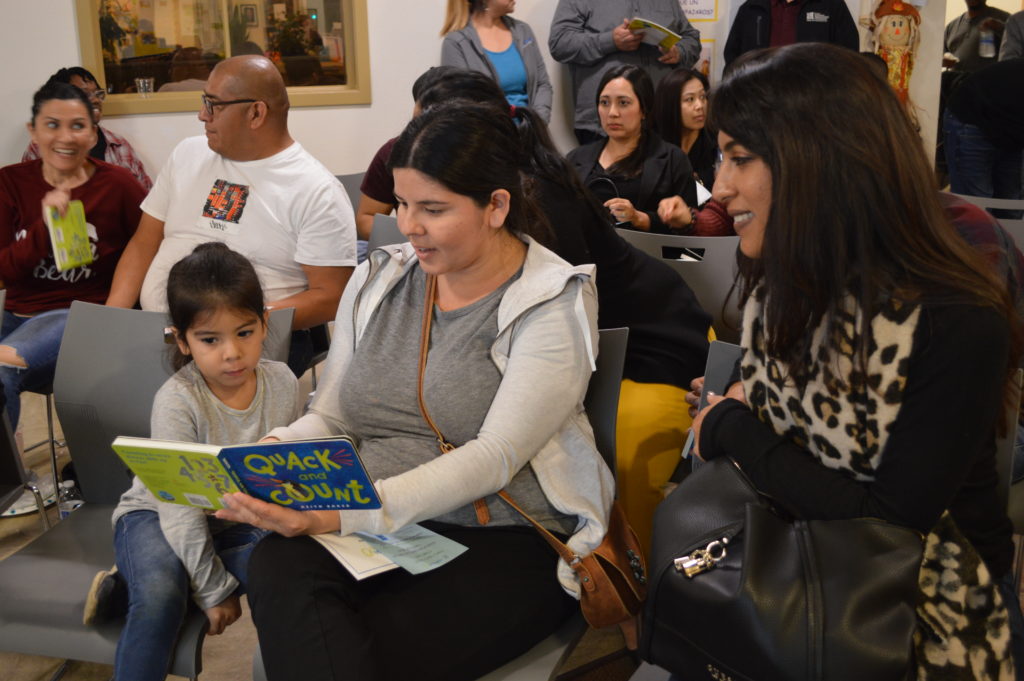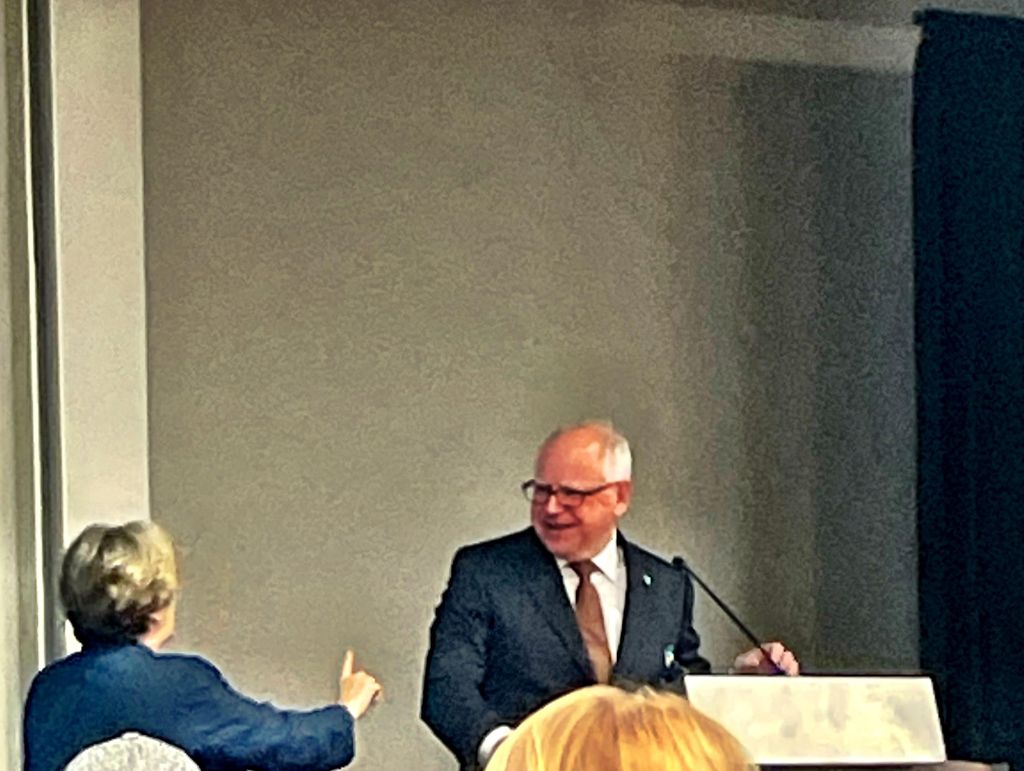
Parents read a math book at the Lighthouse for Children Child Development Center in Fresno.
Photo: Zaidee Stavely/EdSource
Este artículo está disponible en Español. Léelo en español.
Students are heading back to school or starting school for the first time in districts across California. Parent involvement is key to student success, and many get involved by volunteering in the classroom, tutoring or chaperoning field trips. But there are also other ways for parents to get involved. State law requires that schools and districts establish several committees to ensure parent voices are heard when making policy and funding decisions.
This is a quick guide to the different committees parents can join to have a say in school governance.
School Site Council
All schools must establish a School Site Council if they receive “categorical funding” from the federal or state government for programs like Title I (designated for low-income students), Title III (for English learners and immigrant students) and others. This council is made up of parents, teachers, staff members and the principal. High schools also include students on their site councils.
The School Site Council assesses needs in the school, including analyzing student test scores, and decides on goals to meet those needs. They also develop the School Plan for Student Achievement, which includes how funding will be spent to meet the goals. A school site council might decide, for example, to hire a reading intervention teacher, if they notice that reading scores are particularly low, or they might decide to focus on professional development for teachers, or instructional aides for English learners. These plans are ultimately submitted for approval by the school district.
The council meets regularly throughout the school year to ensure the plan is being carried out and evaluates the progress made toward goals.
English Learner Advisory Committee
All schools with 21 or more English learners must establish an English Learner Advisory Committee (ELAC). This committee is made up of parents, staff and community members, but parents or guardians of English learners must make up at least the same percentage of the committee as English learners represent within the student body. This committee advises the principal and staff, helps develop a school plan for English learners and reviews how well the school is serving English learners.
Parents and guardians may also be elected at their school-level ELACs to join the District English Learner Advisory Committee (DELAC) in every district with at least 51 English learners. Parents or guardians must make up at least half of the members of the DELAC. This committee helps develop a district master plan for serving English learners and ensures the district is complying with laws regarding English learners. This committee also reviews and comments on the district’s policies for deciding when students are proficient enough in English to no longer be classified as English learners.
LCAP Parent Advisory Committee
California’s local control funding formula directs money to schools based on the number of students enrolled who are low-income, English learners, foster youth or homeless. Under state law, all districts that receive local control funding from the state must get input and advice from the Parent Advisory Committee on how to spend the money for these groups. The committee reviews and gives feedback on the district’s Local Control Accountability Plan, which details how the district plans to spend the funding.
Community Advisory Committee (for special education)
Every Special Education Local Plan Area (SELPA) — which could be one district, a group of districts, or include a county office of education — must have a Community Advisory Committee. They are made up of parents, teachers, students and adults with disabilities, as well as representatives from agencies that work with people with disabilities. These committees are focused on making recommendations and giving feedback on how districts are serving children with disabilities.
Migrant Parent Advisory Council
All districts that receive funding for migrant education programs must also establish a Migrant Parent Advisory Council, to plan and evaluate migrant education programs. Migrant education programs serve children whose parents or guardians are migratory workers in agricultural, dairy, lumber, or fishing industries and whose family has moved during the past three years. The goal is to reduce problems caused by repeated moves.
The council members are elected by parents of children enrolled in the migrant education program, and two thirds of the members must be parents of migrant children.
In addition, the State Superintendent of Public Instruction also has a State Parent Advisory Council to evaluate the statewide migrant education program. Two thirds of this statewide council must also be made up by parents of migrant children.
Parent Teacher Association or Organization
Parent Teacher Associations (PTAs), Parent Teacher Student Associations (PTSAs) and Parent Teacher Organizations (PTOs) are organizations based at schools that help organize volunteers for classrooms or for school events, raise funds for school supplies, field trips and extracurricular activities, and even help with communication between schools and families. PTAs and PTSAs are affiliated with the state and national PTA. PTOs are the same type of group but not affiliated with the larger organization.


